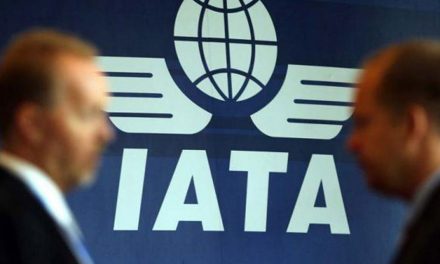
US signs air cargo security deals with EU, Canada
The US transport authorities have agreed terms with the European Union and with Canada on air cargo security standards.
The deal between the US Transportation Security Administration with the European Union also covers Switzerland, and applies to around a million tons of cargo traveling between the US and the EU.
Effective as of today, the US and EU mutually recognise each others’s air cargo security regimes.
Last month the TSA set a deadline of 3rd December 2012 for all air cargo to be screened prior to loading on passenger aircraft bound for the United States. It has been assessing other countries one by one regarding whether their air cargo security is equivalent to US requirements, but the EU deal is the first time a union of countries has been recognised.
The TSA confirmed today that the deal means cargo can be sent from 27 EU member states and Switzerland to and from the US under a single set of security rules. About 20% of EU exports via air end up in the US.
TSA Administrator John S Pistole said: “This agreement with the EU and Switzerland will ease the burden on industry and allow for the free movement of goods and commerce between our nations.
“It will also strengthen security by ensuring that we share information and work together towards our common interests.”
Siim Kallas, the EU Commission vice president for transportation, said: “With this mutual recognition of our comprehensive and solid regulatory frameworks we create significant savings and simplification for our freight transport industry while maintaining a high standard of security.”
Canada
Today the TSA also recognised the air cargo security of Canada.
Canada’s minister of transport Denis Lebel said the move would improve the efficiency and cut costs for businesses and consumers on both sides of the border.
In 2010 some $27bn of goods were imported and exported across the US-Canadian border by air. In Canada, almost half of all air cargo is shipped on passenger aircraft.
Under the new mutual recognition between the two countries, cargo shipped on passenger aircraft will need to be screened only once for transport security purposes. It means Canadian consignments screened under Canadian standards prior to entry into the US will not then need to be screened again to comply with separate US rules.
“Historic”
The International Transport Association (IATA) described the US-EU deal as “historic”, and said that air carriers in the EU would now be able to apply EU security measures as a means to comply with US law, and vice versa.
Tony Tyler, the IATA director general and CEO said the deal was a “major step forward” for one of the most important air cargo markets.
He said: “Regulators and industry have worked closely together throughout over seven years with a focus on harmonisation and better security. We hope that this agreement is the cornerstone for further alignment.”










